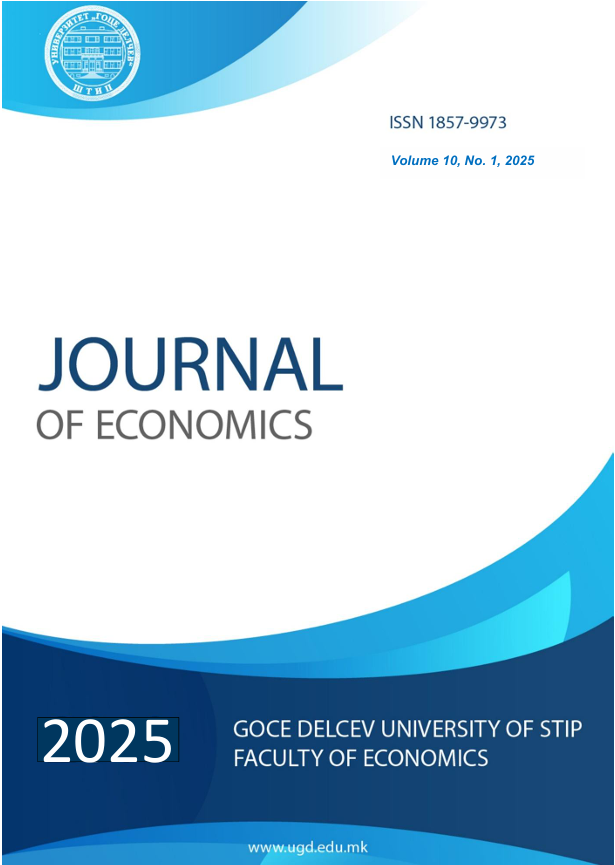Robots as a catalyst for Marketing automation: Potential and limitations
DOI:
https://doi.org/10.46763/JOE2510181sKeywords:
robots, marketing automatization, digital transformation, customer satisfaction, personalized marketingAbstract
In a world full of technological advancements, change is truly inevitable in every
segment of everyday life. Marketing is synonymous with innovation and change. Technological
advancements and digital transformation have fundamentally changed the way businesses
operate. Rapid automation and the integration of artificial intelligence (AI) have become
fundamental strategies for optimizing and redefining business models. Modern machine
intelligence, including robots, significantly impacts the lives of people around the world. Robots
are increasingly being integrated into marketing as part of innovative solutions to improve
services and improve efficiency. The use of robots in marketing opens up new opportunities for
automation, personalization, and improving the user experience. In this context, it is necessary
to critically analyze the role that robots play in the implementation of marketing and their ability
to transform the conventional business model. This paper aims to explore the effects of
implementing robots in marketing processes, focusing on their impact on efficiency, productivity,
and customer satisfaction. The research will be based on primary and secondary data sources
in order to collect relevant information to meet the research objectives. The data analysis shows
that adaptation to new technologies is inevitable and should be realized gradually. The results
indicate that robots have both positive and negative effects in the implementation in marketing.
Although there are concerns about their impact on jobs, robots are proving to be efficient,
reliable and innovative tools for improving business processes.


